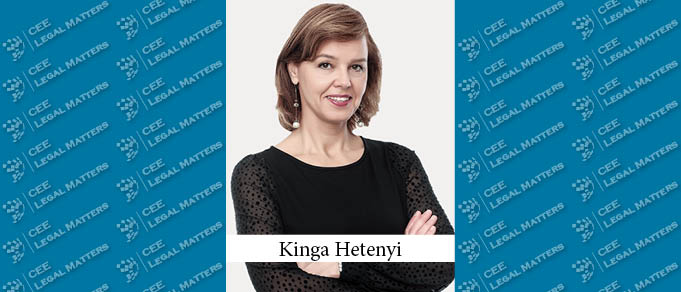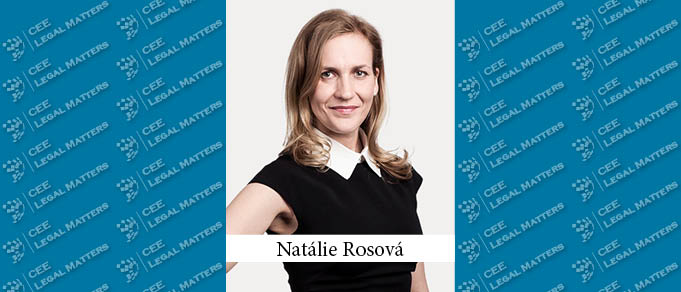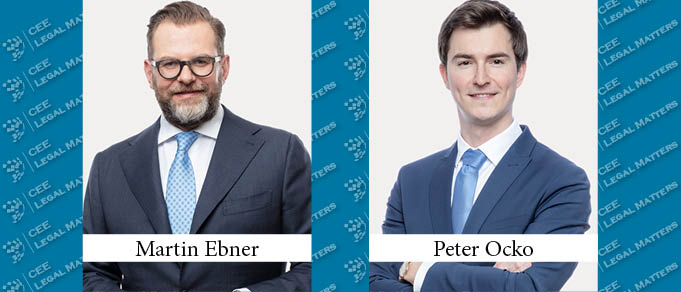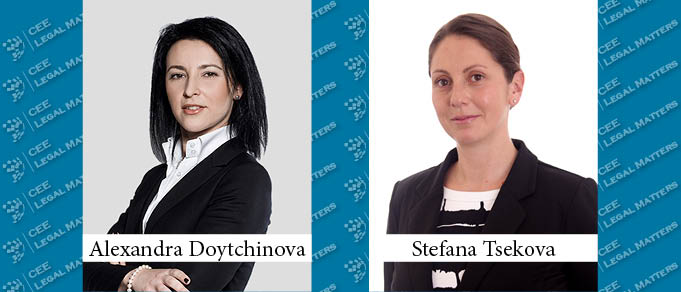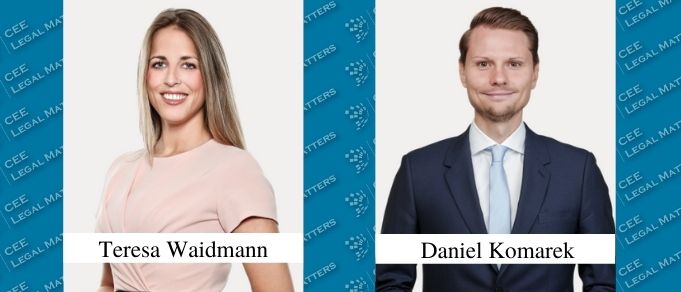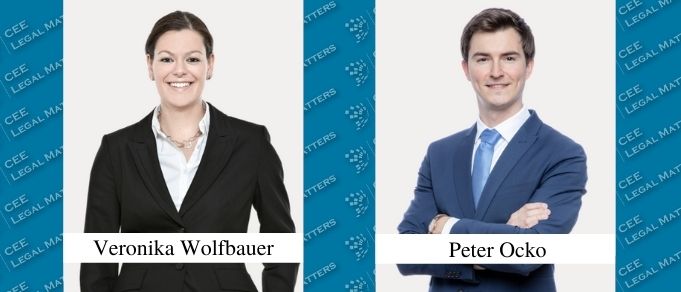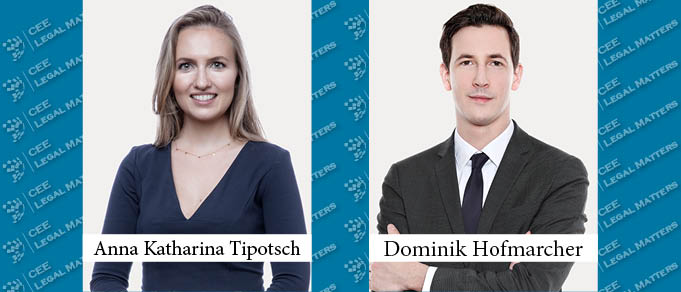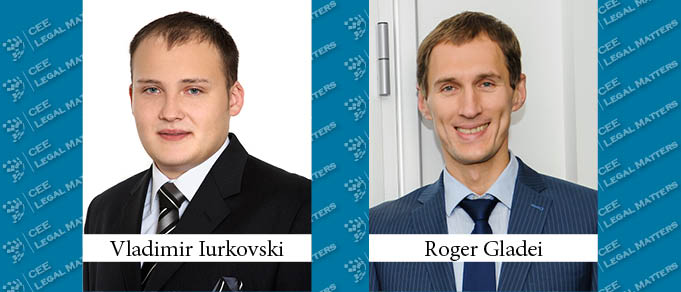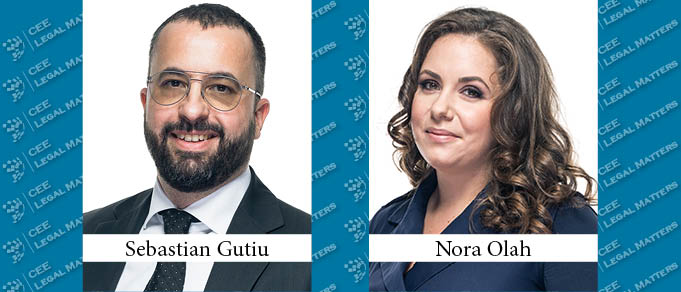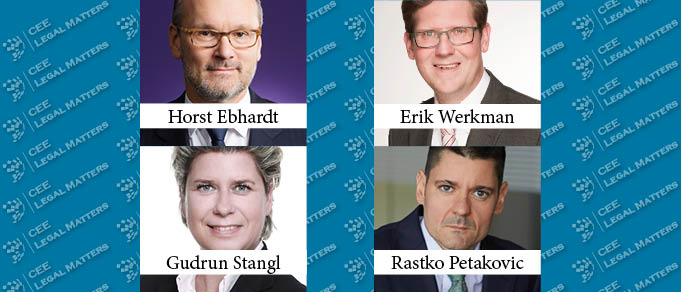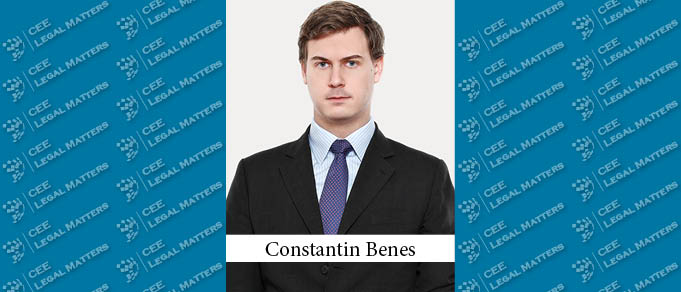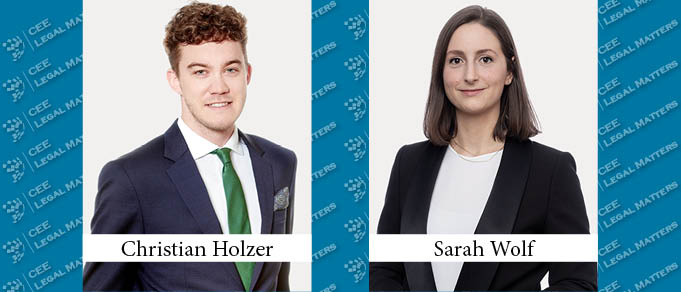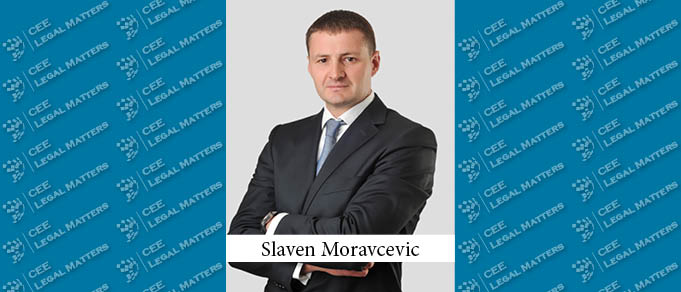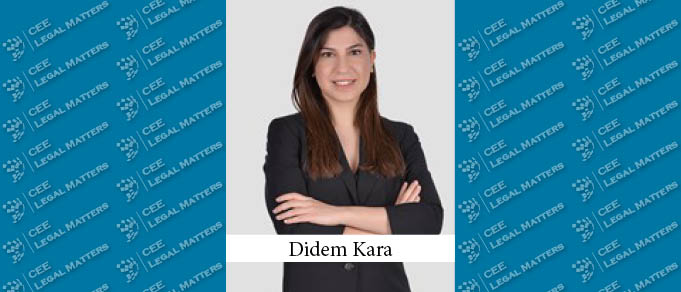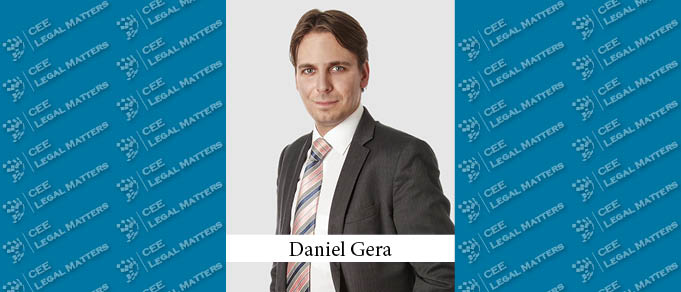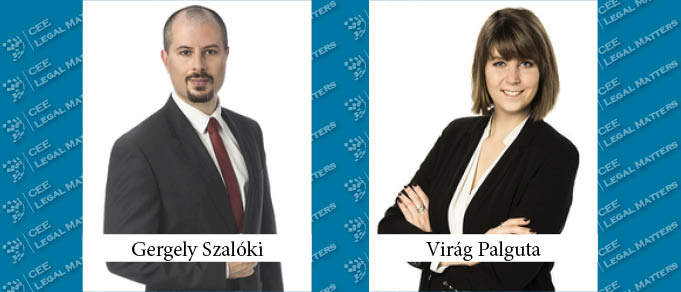Even with the summer holidays firmly established in Hungary, the country is seeing activity across the board and a couple of interesting legislative updates stand to improve the landscape even further, according to Schoenherr Managing Partner Kinga Hetenyi.
Long-awaited Bill on Preventive Restructurings Finally Released. What Changes Will It Bring to Czech Insolvency Law?
The Czech Ministry of Justice recently published a bill on preventive restructurings (the "Bill") implementing the directive on preventive restructuring frameworks which will introduce a brand-new legal tool preventing the insolvency of viable enterprises in temporary financial difficulties.
Taking Security Over NFTs: Some Legal Considerations Under Austrian Law
The hype surrounding NFTs and crypto assets appears infinite and is raising more and more questions and challenges for the legal profession in Austria and beyond.
Deal Expanded: Interview with Schoenherr on 2020 DOTY for Bulgaria
Schoenherr’s Alexandra Doytchinova and Stefana Tsekova Talk About The Deal of the Year in Bulgaria.
Austrian Labour Law: Is crypto-salary a thing?
To mint NFT art, you need to have enough cryptocurrency in your wallet (and even more to buy it). A successful NFT artist could then also pay his or her studio assistants in cryptocurrency from the proceeds of the sales. Cryptocurrency therefore plays an obvious part in a blockchain-based business. But is this also true from an employment law perspective? Can or should remuneration be paid in a cryptocurrency? Let's take a closer look at this question by examining the interface between the crypto world and the physical world from an Austrian employment law perspective.
The tension between the GDPR & NFTs
In short, an NFT (non-fungible token) is a set of data stored on a blockchain (a digital ledger), that certifies a digital asset as unique and thus non-fungible. Assets can be tangible (real estate) or intangible (IP rights).
The ECJ's VG Bild-Kunst Case: Are There (Legal) Limitations to the Use of Links?
YES - In its previous case law, the court has recognised the importance of hyperlinks for the operation of the World Wide Web and for freedom of speech. On these grounds, the European Court of Justice (ECJ) generously allowed the use of links to make third-party content accessible via one's own website.
Inside Out: Fintur’s Sale of Moldcell to CG Cell Technologies
On March 5, 2020, CEE Legal Matters reported that Schoenherr had advised Fintur Holdings B.V. on its USD 31.5 million sale of its 100% holding of Moldcell S.A., to CG Cell Technologies DAC. Gladei & Partners advised CG Cell Technologies. We spoke to Vladimir Iurkovski at Schoenherr and Roger Gladei at Gladei & Partners for more information about the deal.
Five Pandemic-Driven Litigation Trends
One year into the COVID-19 pandemic, the “new normal” is as fluid and unexpected as ever. The aftermath of the health crisis and its economic impact has not matched the initial expectations for dispute resolution: the Romanian market has not been flooded with insolvencies and commercial disputes.
The Corner Office: Childhood Dreams
In “The Corner Office” we ask Managing Partners at law firms across Central and Eastern Europe about their backgrounds, strategies, and responsibilities. The question this time: “What did you most want to be when you were little?”
A Firm Grasp of the Subject
Annual reports make up a fundamental part of many regional CEE law firms’ marketing strategies, providing those firms with an annual opportunity to demonstrate their knowledge and expertise in a particular area, their geographic footprints, and their ownership and facility with the research and technological tools and manpower necessary for the production of such comprehensive projects.
Blockchain and (Un)Real Estate
Blockchain technology has – so far – not lead to a transfer of the world's land registers onto this technology or to a "tokenization" of title (documents). The only significant exception in this respect is Georgia where a purchaser's title to real property can be registered by execution of a smart contract.
Austria: Supreme Administrative Court Once Again Favours Environmental Organisations
The Supreme Administrative Court is gradually granting more rights to environmental organisations (EOs) in nature conservation procedures. Following a December 2020 ruling of the Supreme Administrative Court regarding the party status of EOs (for further details please see "New ruling expands environmental organisations' rights in nature conservation procedures"), the Supreme Administrative Court remains on course with its pro-EO case law. In recent months, the court has issued several more interesting rulings that seem to strengthen EOs' position in nature conservation proceedings.
The Buzz in Montenegro: An Interview with Slaven Moravcevic of Schoenherr
Even though it’s been a year since its parliamentary elections, the outcome still seems to be the talk of the town and the biggest influence on business in Montenegro, according to Schoenherr Partner Slaven Moravcevic.
Stricter Liability of Statutory Body Members (and Others) in Case of Company Insolvency
The amendment to the Business Corporations Act effective from 1 January of this year (the "Amendment") brings, among other things, a significant change in the liability of members of a statutory body, which will affect the current topic of insolvency.
New Obligation of Shareholders Holding Bearer Shares in Turkish Companies
The government announced a substantial change in bearer shares at the end of 2020, but the details were only finalised in April 2021. According to the new amendment, non-public joint stock companies are now obliged to register shareholders holding bearer shares.
Hot Practice in Hungary: Daniel Gera on Schoenherr's Employment and Privacy Practice in Hungary
While the pandemic negatively affected a plethora of legal practices, this does not seem to be the case with employment and privacy, according to Schoenherr Counsel Daniel Gera who says that it has been the principal driver of work recently.
A New Era in Crowdfunding Begins: The Single European Regulatory Framework
Crowdfunding is a type of intermediation where the service provider operates a platform (e.g. website) open to the public. The purpose of that platform is to match enterprises seeking financing with prospective investors. The enterprises typically receive small amounts of money from many investors (usually natural persons), via lending (lending-based crowdfunding) or investment into shares (investment-based crowdfunding). Some of the best-known crowdfunding platforms are Kickstarter or Indiegogo. By introducing a single European regulatory framework, the uncertain Hungarian legal environment might change, potentially giving a boost to the crowdfunding market.

